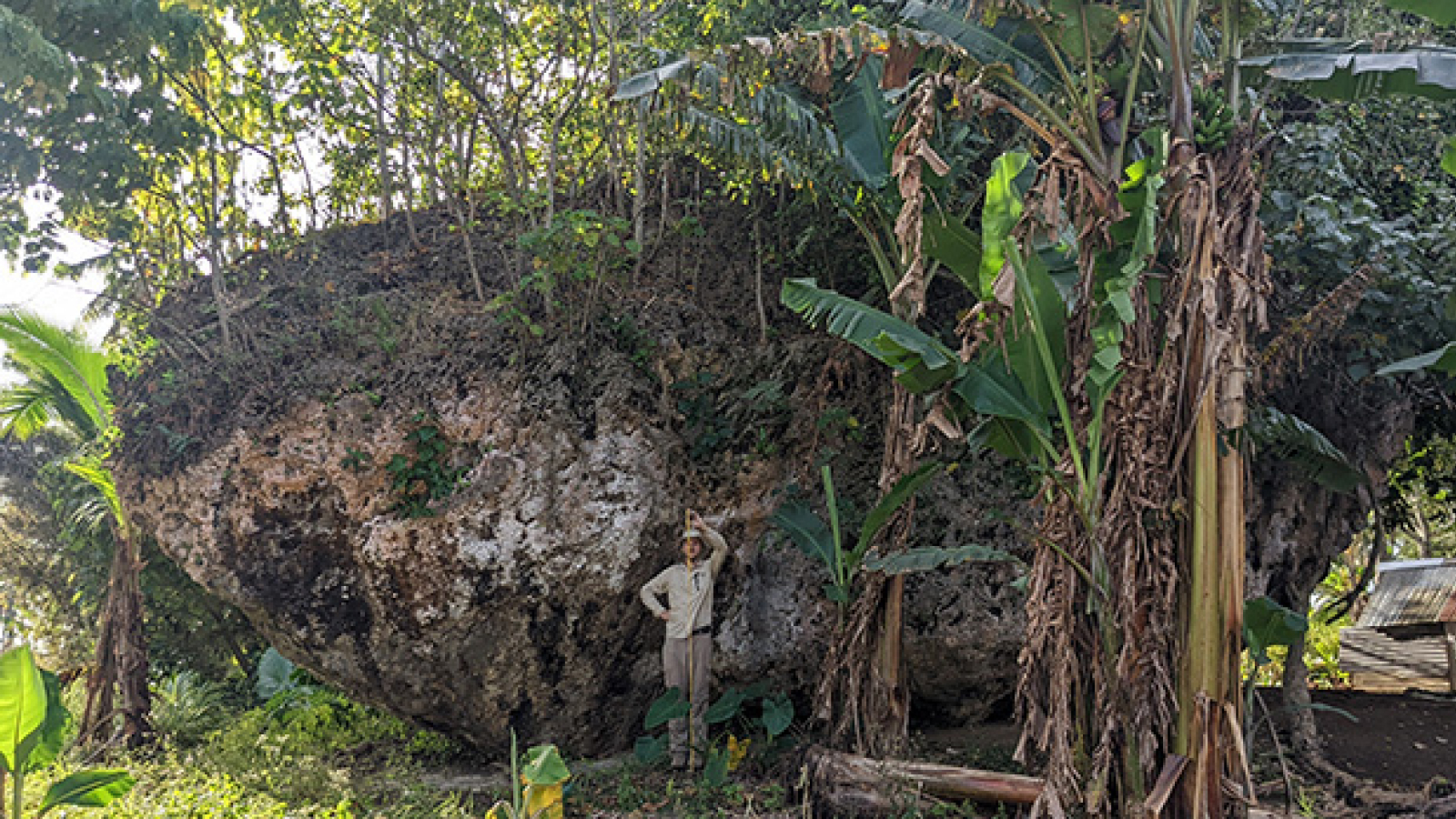Olive Oil and Tree Nuts Seem to Improve Cholesterol Levels
Upping your intake of monounsaturated fats — found in olive oil, tree nuts and avocadoes — can help improve cholesterol levels, a small new study suggests.
These fats can raise levels of HDL cholesterol (the "good" kind) by 12.5 percent, and reduce levels of LDL cholesterol by 35 percent, when eaten with a low-cholesterol diet, said study researcher Dr. David Jenkins.
"The exciting thing about the study is if you take a diet which is quite spectacular in lowering cholesterol, you can make it even better by adding monounsaturated fats," Jenkins, director of the Risk Factor Modification Centre at St. Michael's Hospital in Canada, told MyHealthNewsDaily.
Good cholesterol helps protect against heart attacks by carrying cholesterol away from the arteries, and some experts think it may also slow the buildup of arterial plaques, according to the American Heart Association. Bad cholesterol builds on the inner walls of the arteries, narrowing and hardening them, and increasing the risk of heart attack and stroke.
Because the study involved only people with mildly or moderately high cholesterol, Jenkins said people with very high cholesterol shouldn't try to replace their statin medications with a dietary solution unless they're prepared to take diet seriously.
The new study was published today (Nov. 1) in the Canadian Medical Association Journal.
Fatty findings
Sign up for the Live Science daily newsletter now
Get the world’s most fascinating discoveries delivered straight to your inbox.
To begin the two-month study, researchers provided low-cholesterol meals — including fruits, vegetables and wheat products — for one month to 24 people with mildly and moderately high blood-cholesterol levels.
The next month, the researchers split the people into two groups, one of which added monounsaturated fats to their diets. Both groups were provided with vegetarian meals that included soy, nuts, barley, okra and plant sterol-enriched margarine.
The group that added the monounsaturated fats had 13 percent of their calories from carbohydrates replaced with fat-rich sunflower oil or avocado oil.
At the end of the two months, both groups experienced a 35 percent decrease in bad cholesterol, similar to a decrease caused by taking a statin drug, Jenkins said.
The group with the monounsaturated fats saw higher good cholesterol levels two weeks into the diet, and, by the end of the month, they had a 12.5 percent increase in good cholesterol.
Jenkins said the finding shows that not only can these fats improve good levels in a short period of time, they don't raise levels of bad cholesterol.
As with all foods, people should eat monounsaturated fats in moderation, Jenkins noted.
"You have to get rid of the danishes and the bagels in order to make room for the calories from the monounsaturated fats," he said.
Challenges of healthy eating
Because the study involved a small group of people, Jenkins said further study must be done to support the findings.
He has started work on a longer-term study with a similar premise – in it, people with high cholesterol are eating low-cholesterol foods, supplemented with monounsaturated fats. But there's a major change: Study participants must purchase all their own groceries.
So far, this second study has yielded less-impressive results, Jenkins said. A year after its start, the participants have seen results only half as good as the participants in the newly concluded study.
It's so important for healthy foods to be accessible, he said. Unless you're living in major cities like New York or Toronto, he said, easy and affordable access to healthy foods may be limited.
"If food companies are encouraged to produce more foods that fit into a cholesterol-lowering diet, these diets would be much easier for ordinary people" to follow, Jenkins said.
This article was provided by MyHealthNewsDaily, a sister site to LiveScience.

